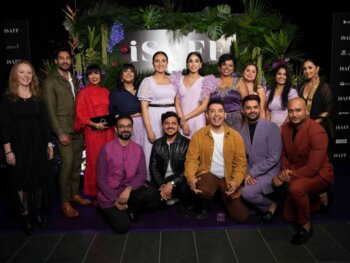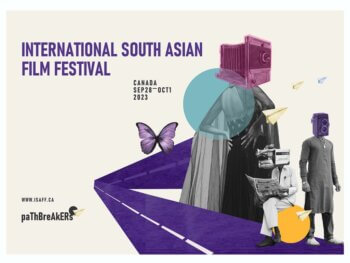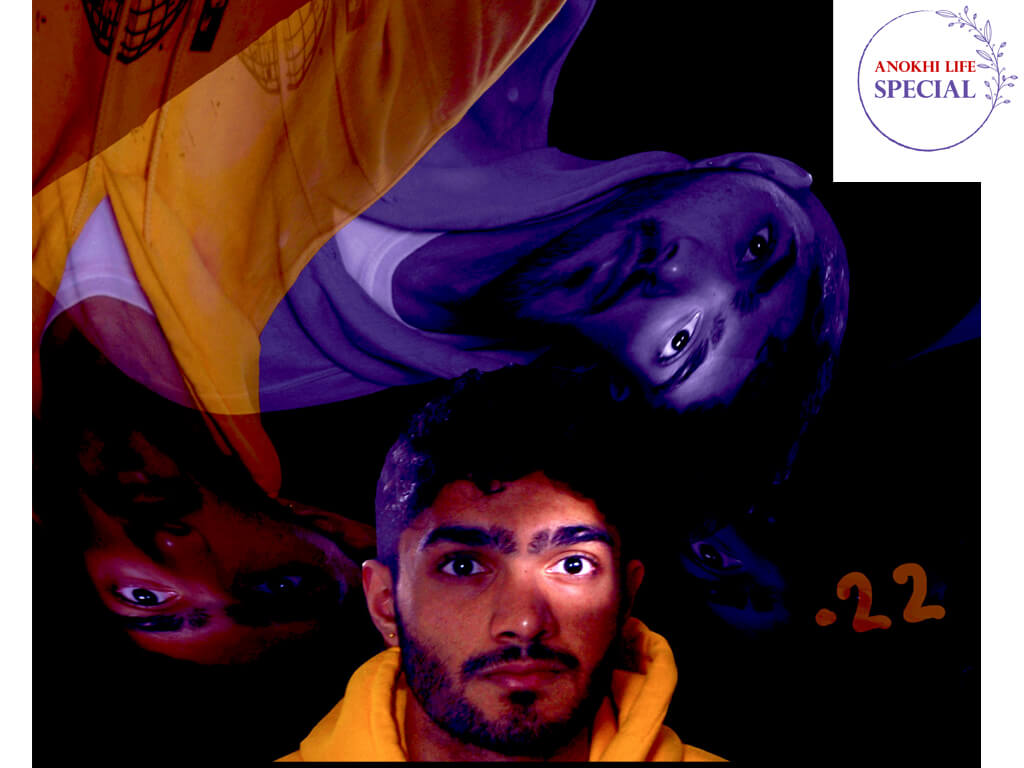
World Mental Health Day Special: Adi Tackles The Topic Of Suicide In India With His latest Release “.22”
Entertainment Oct 09, 2020
To honour World Mental Health Day happening on October 10th (which concludes World Mental Health Awareness Week), we look to Adi, a rising singer-songwriter from New York, by way of Mumbai, who decided to lend his voice to amplify another pandemic that’s happening: the skyrocketing suicide rates of India. He shares with us why it’s important to speak up and speak out.
Mental Health Awareness Week (MIAW) takes place from October 4th – 10th. According to the Canadian Alliance on Mental Illness and Mental Health (CAMIMH), MIAW “…is an annual national public education campaign designed to help open the eyes of Canadians to the reality of mental illness.”
It’s common knowledge that mental illnesses and discussing mental health in South Asian communities are taboo topics that are seen as best swept under the rug so as not to bring disgrace to families. However, here at ANOKHI LIFE, we are not about that life of ignorance. As such, in light of Mental Illness Awareness Week, while it is important to talk about mental illnesses, we recognize that it’s also crucial to discuss the, sometimes, fatal reality of what happens when we don’t: Suicide.
Of course, suicide isn’t the only outcome of not addressing mental illnesses, but it is one of the most costly consequences of leaving mental illnesses unaddressed.
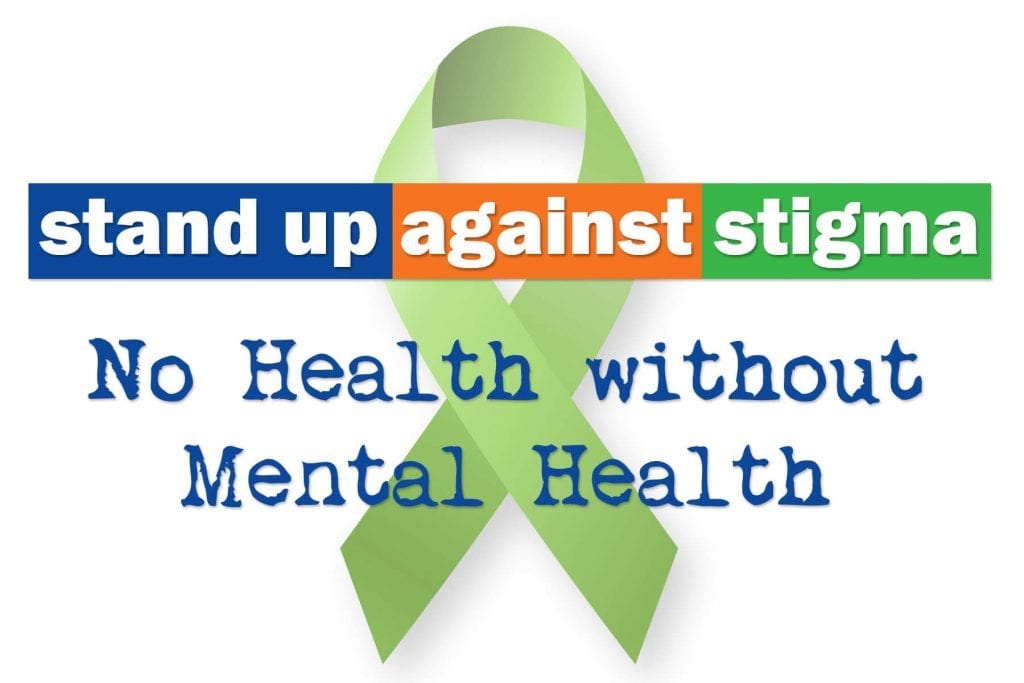
This conversation is vital to have considering that “India has the highest suicide rate in the South-East Asian region, according to the World Health Organization’s latest report,” explains Down to Earth. In fact, according to NDTV, “India reported an average 381 deaths by suicide daily in 2019, totalling 139,123 fatalities over the year, according to the latest National Crime Records Bureau (NCRB) data.”
Given the staggering numbers and lack of conversation on the stigmatized topic, rising star and rapper, Aditya Lodha, known on stage as Adi, bravely speaks up about suicide in his latest single, “.22.”
What Contributes to Such High Suicide Rates in India and How Can This Change?
Before we dive into Adi’s new single, let’s talk about suicide in India.
First, it is important to note that suicide in India is typically underreported or blamed on other causes. NCBI explains that “…families of suicide victims usually do not want postmortems because of the fear of mutilation of the body, the time-consuming nature of the process, and the stigma involved.” This demonstrates that the statistics surrounding suicide in India are skewed and could very well be worse than we think.
Meanwhile, according to NCBI, the factors that contribute to suicide are as follows:
- Dowry-related issues (8%), other marriage-related issues (7%), love affairs (6%)
- Family problems (32%) were thought to explain a majority of cases of suicide of females aged 18-29 yr
- While illness other than mental illness was believed to account for the suicides of 25 per cent of both men and women aged 60 yr or more.
- Married women account for the highest proportions of suicide deaths among women in India. Marriage is less protective against suicide for women than in many other countries “because of arranged and early marriage, young motherhood, low social status, domestic violence and economic dependence”
- Among older persons, social isolation, depression, functional disability and the feeling of being a burden on their family have been cited as reasons for suicidal ideation.
What is interesting about these findings is that the underlying mental health illnesses that may have come about as a result of these factors are rarely mentioned. This is problematic as the only way (to start, anyway) to help people and reduce the number of suicides is by acknowledging that mental illnesses are real and contributing factors to suicide.
That said, to help spur a much-needed change on how suicide is thought of and prevent more suicides, the following steppingstones are needed, highlights The Print:
- Gathering accurate statistics is needed to determine where to focus resources.
- There needs to be “…a more genuine political will and interest to address the prevalence of suicide.”
- Suicide needs to be talked about so that more people will feel inclined to talk about their feelings and get the help that they need.
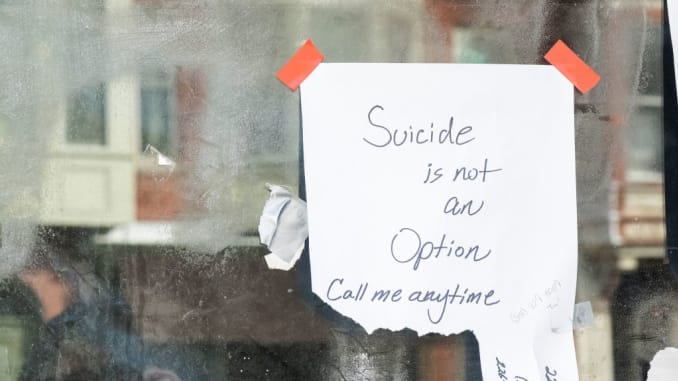
Adi Gets Real On Suicide:
Adi, 22, who is currently signed with Azadi Records, is originally from Mumbai, India, brought his musical talents to New York, USA.

Once you listen to his music, I am certain you’ll come to the same conclusion that I did – Adi is one talented young man. He dished that his love for music comes from his upbringing: “I grew up in a house with 16 people, of which I was the youngest,” he reflected.”What that led to was an amazing filtration of generations of music, from my grandfather’s collection of Mohammad Rafi, to the reign of Michael Jackson during my parent’s time, and of course, pioneering artists like Nas and Kanye West on my older cousins’ playlists.”
“Music was just all around me, I absorbed it very naturally,” Adi continued. “My mother realized pretty early on that I had a good ear for it. She put me up to tabla and keyboard classes (which didn’t last long because let’s be honest, girls don’t like that) and soon transitioned to me picking up the drums before I was 10 years old. I think that’s what led to my rhythmic sensibility that translates so well to hip-hop, and as soon as I got a laptop where I could program music, I started making anything and everything I could think of. And of course, based on what I grew up listening to, it was a unique blend of Eastern and Western influences and production/songwriting techniques.”
Adi’s most recent single, “.22” was released on September 18th, 2020 and has been garnering a ton of attention as he addresses the heavy topics of mental health and suicide (both of which are South Asian faux pas).
At just 22, Adi is wise beyond his years and recognizes that South Asian culture needs to do better when it comes to addressing mental health. “The movement to better mental health has certainly evolved drastically in the West, but back home, in India, it seems like it has stayed as stagnant as ever, and I think it’s long overdue that our generation starts making the change we so desperately need,” Adi noted. “I think the narrative in the South Asian community about mental health is that it is some sort of weakness or disability, instead of acknowledging the fact that everyone goes through it. Why would we knowingly propagate a narrative that only hurts the people that we love? It just doesn’t make sense to me.”
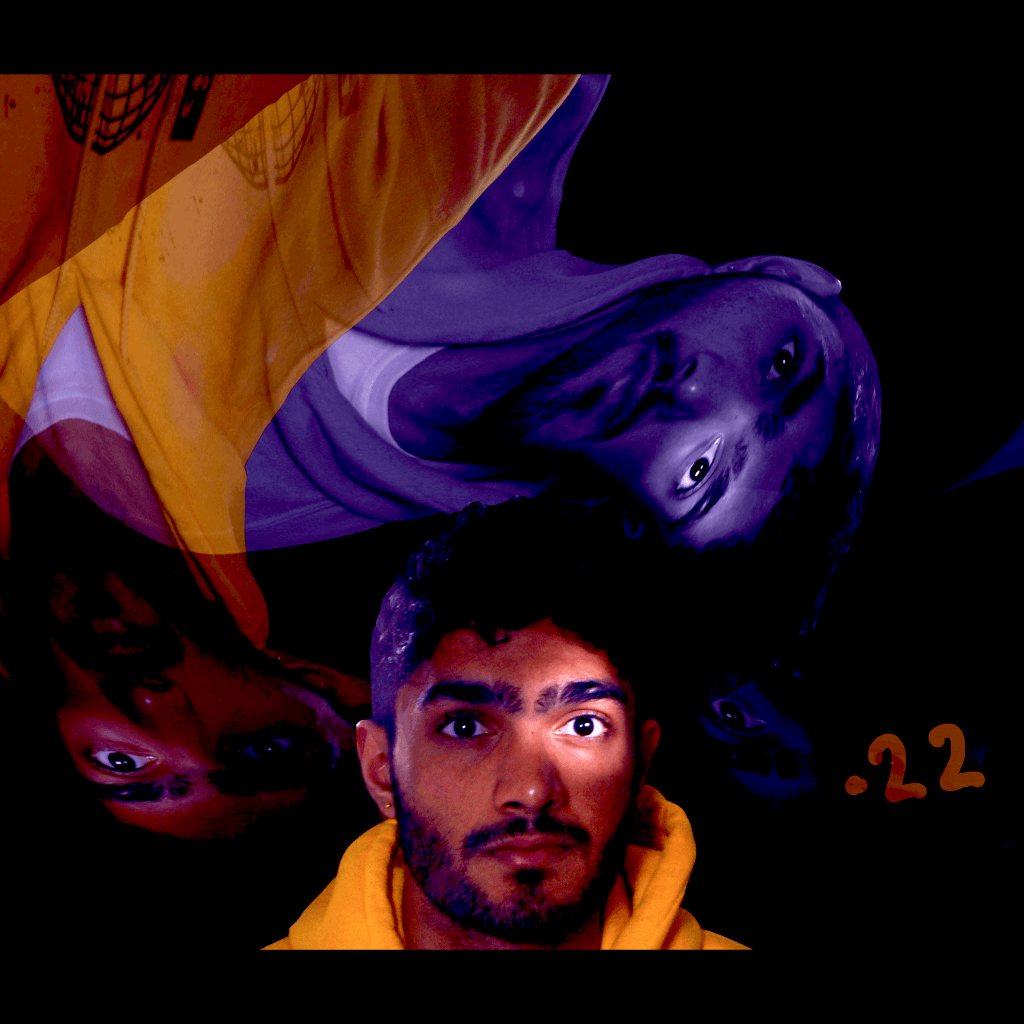
As such, despite the potential backlash that he might face given the taboo subject matter of “.22,” he explained why this song was important for him to bring to life: “.22 is about me navigating my way through the music business as a newcomer. It talks about the loss of relationships that comes as the cost of prioritizing work, all against a ticking clock that tells you that there is a limit to when one can make great music or be recognized for it,” he explained. “It addresses suicidal thoughts, but in a way to normalize the occurrences of them. I hope that this track brings comfort to any listeners who are dealing with the same occurrences of mental health in their daily life – anyone who feels subdued, afraid or shameful about having thoughts of depression and anxiety.”
In addition, Adi used this as an opportunity to reach out to his loved ones through the power of song, explaining that “I have a lot of people close to me that I feel might not be comfortable to talk about mental health issues, and this was my way of letting them know that I love them and that I am here for whatever they need. At some point, you just have to prioritize the people you actually love over what you think the general reaction to it might be, you know? And sometimes, it’s just easier to say it in a song than in real life.”
Of course, no one is perfect, and Adi employs different techniques to maintain his mental health including the following: “From my experience, something that helped me a lot was meditating, talking to my loved ones, and if necessary, setting up an appointment with a medical professional.”
What’s Next for Adi?
Adi gave us the scoop on what’s next for him: “My next project, PIGEONHOLED, is a 5-track EP that exemplifies exactly that. I jump around from funk-driven tracks like “Cop Car” that discusses the current social climate around the world to tracks like “Locked In,” which shows my take on RnB and explores a more melodic side to my catalogue. I absolutely love creating this range of music and I can’t wait to showcase it to the world.”
If “.22” is anything to go off on, I am certain the rest of the tracks on this EP will be equally flooring and thankfully, we won’t have to wait long to hear new music! Adi shared that “PIGEONHOLD will be released on October 16th, 2020 and will be available on all platforms.”

That’s not all though, folks!
Adi revealed he would “be hosting a virtual live performance on Rukus Avenue Live for a festival called Mela De Música that showcases the fusion between Bollywood and Latin America.” Be sure to keep your eyes on his Instagram page (@adi.avg) for the dates!
Adi also keeps busy as “a brand ambassador for The MINDS Foundation.” He explains that “MINDS has been focused on community-level systemic change. Through close collaboration with local stakeholders including teachers, village & community leaders, local governments, and clinicians, they have been able to deliver a human-centred approach to mental health care, and I hope to use music as another effective tool in their arsenal.”
With such a kind, creative, and perceptive soul, I think we can all agree that Adi is one of the crucial game-changers the South Asian community needs to generate change, especially when it comes to opening up about the taboo topic of mental illnesses.
Main Image Photo Credit: www.instagram.com
Devika Goberdhan | Features Editor - Fashion
Author
Devika (@goberdhan.devika) is an MA graduate who specialized in Political Science at York University. Her passion and research throughout her graduate studies pushed her to learn about and unpack hot button issues. Thus, since starting at ANOKHI in 2016, she has written extensively about many challe...




































































































